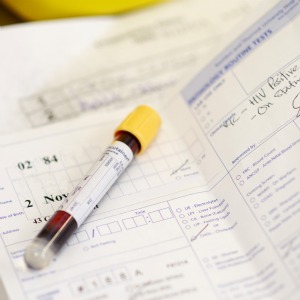Almost half of patients would still visit their GP with concerns about their sexual health ahead of specialist clinics and pharmacists, a poll commissioned by a pharmacy group has revealed.
The poll of 1,950 people conducted for Pharmacy Voice – an umbrella group of pharmacy bodies – found that half of those surveyed would visit their GP first if suspected they had contracted an STI, while a third would visit a sexual health clinic and just 1% would make a pharmacy their first port of call.
This comes at a time when practices are battling with other providers to maintain public health enhanced services, which are now the responsibility of local authorities.
The YouGov poll also revealed that 7% of respondents would not visit a health centre of any kind if they suspected they had an STI, despite the risk of infertility and other health complications.
Rob Darracott, chief executive of Pharmacy Voice, said: ‘This latest study highlights that many members of the public display a lack of knowledge when it comes to sexual health services and where you can receive professional advice and support…Community pharmacy allows you instant access to qualified healthcare professionals and provides safe, regulated services that can take some of the workload away from GPs.’
The findings come as some public health services are being put out to tender as part of Government reforms that have resulted in local authorities taking on responsibility for public health local enhanced services.
Councils and CCGs were allowed to carry over LESs for one year after the health and social care reforms were introduced in April 2013, but the enhanced services will have to be recontracted as community service contracts from April this year.

















